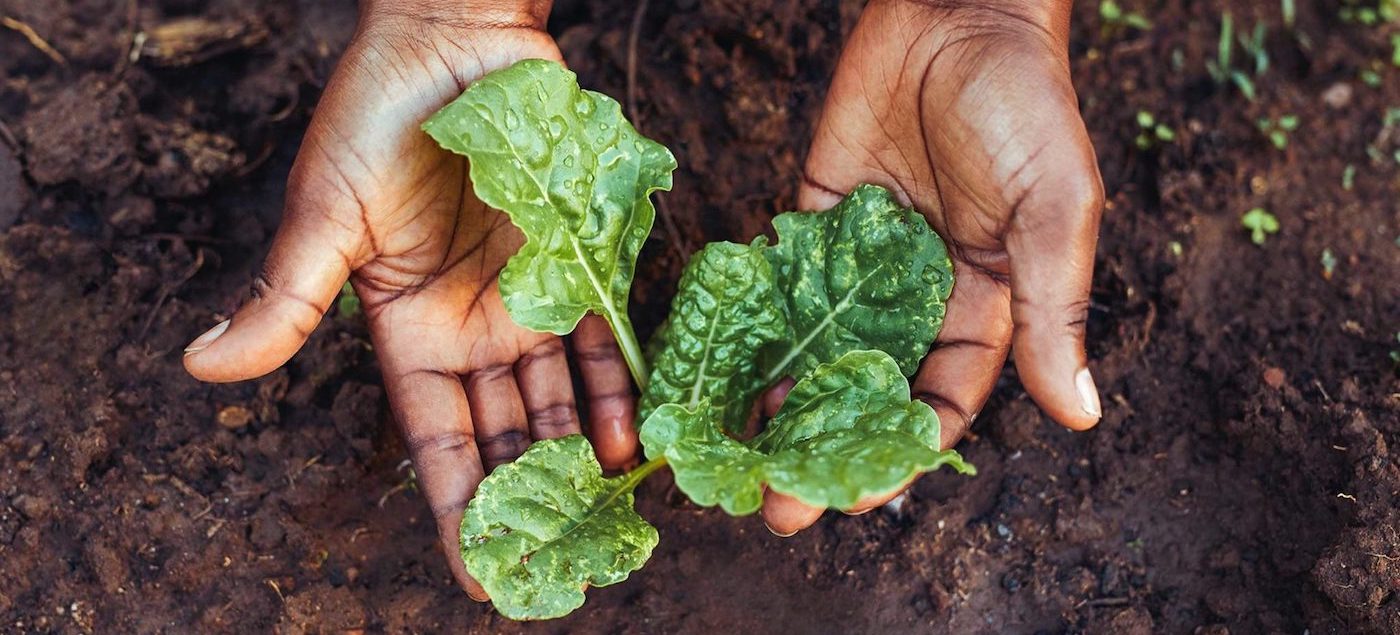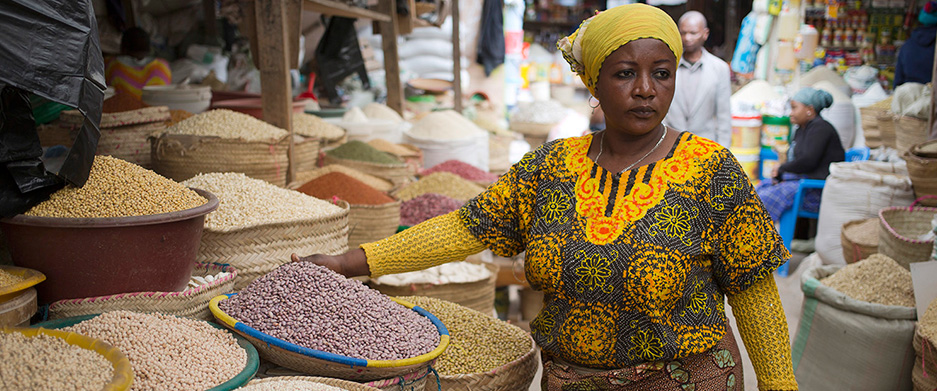Investments in agricultural innovation are needed to reduce greenhouse gas emissions without compromising the yields, productivity and incomes of smallholder farmers. This was the conclusion of a panel discussion on the strategies for accelerating a just rural transition to sustainable agriculture at the Climate Change Conference (COP26) in Glasgow, Scotland.
The session brought together policy makers, scientists, farmers and activists on a common platform to showcase actions and the ambition to accelerate a global transition to sustainable agriculture.
The tone of the session was set by IFAD Goodwill ambassadors Sabrina and Idris Elba, who narrated their experience in Sierra Leone where they witnessed first-hand the frustration of smallholder farmers losing all their crops to effects of climate change.
“It is deeply unfair that the people who contribute so little to climate change are the ones that bear the brunt of it,” Idris Elba said.
“Think about what it is like to be a farmer, working from dusk until dawn, and watching your entire year’s harvest wiped out because of, essentially, climate change.”
Quick and sustainable solutions, Sabrina Elba noted, would take the form of farmer-driven conservation engagements using local techniques.
“Take the Sahel, in the 1980s [when] IFAD started working with farmers to restore barren land. They helped farmers revive and improve traditional techniques to capture and restore rainwater. Thousands of hectares were restored,” she said.
“Today the plateaus are covered in trees; even though drought, there is water in the wells. Villagers produce enough vegetables to feed themselves and they can also sell the surplus. All this is thanks to simple and inexpensive techniques that villagers can do themselves.”
Panelist, Dr. Agnes Kalibata, President of AGRA (Alliance for a Green Revolution in Africa), outlined the considerations needed to fast-track the implementation of climate change mitigation and adaptation strategies in Africa.
“To embed policies and innovations that would work for the agriculture sector in Africa would require three considerations: 1. The priorities of the continent [advancing productivity at the smallholder farmer level, access to information and access to markets], 2. Building on existing frameworks [including food system pathways], and 3. Ensuring that African agriculture does not become part of the problem by strengthening its adaptability and resilience as well as taking on board mitigation measures,” she said. Other speakers, among them India’s Minister for Agriculture and Farmers’ Welfare, Shobha Karandlaje, and George Eustice, the UK’s Secretary of State for Environment, Food and Rural Affairs, highlighted the need for policies and innovation that delivers healthy diets, resilient livelihoods and economies, while protecting nature and keeping to within 1.5 degrees of global warming.






